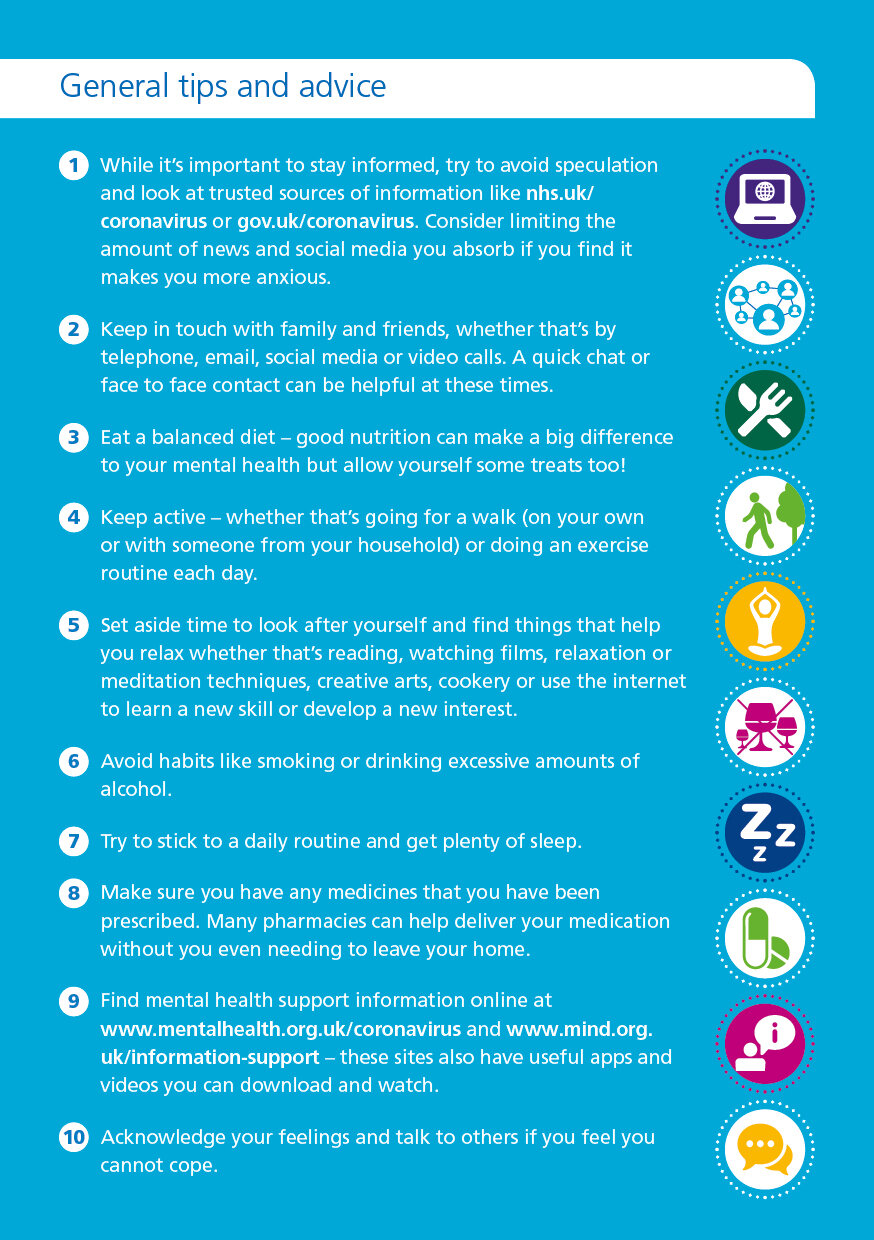
Wellness Wisdom for Students Essential Tips for Success
Introduction
Being a student is more than just hitting the books; it’s about maintaining a healthy balance between academics, social life, and personal well-being. In the whirlwind of lectures, assignments, and extracurricular activities, it’s easy to neglect your health. However, prioritizing your wellness is crucial for success both inside and outside the classroom. Here are some essential tips for students to stay healthy and thrive during their academic journey.
Nutrition: Fuel Your Body and Mind
Amidst the chaos of college life, it’s tempting to rely on fast food and late-night snacks to fuel your studies. However, a diet lacking in nutrients can leave you feeling sluggish and unfocused. Instead, prioritize balanced meals rich in fruits, vegetables, whole grains, and lean proteins. Keep healthy snacks like nuts, fruits, and yogurt on hand for quick energy boosts. Remember, nourishing your body with the right fuel is essential for optimal brain function and academic performance.
Exercise: Move Your Body, Boost Your Brain
Physical activity isn’t just about staying in shape; it’s also crucial for mental well-being and cognitive function. Incorporate regular exercise into your routine, whether it’s hitting the gym, going for a run, or joining a sports team. Not only will exercise help reduce stress and improve mood, but it can also enhance memory and concentration—key ingredients for academic success. Aim for at least 30 minutes of moderate exercise most days of the week to reap the full benefits.
Sleep: Prioritize Rest for Academic Success
Pulling all-nighters may seem like a badge of honor in college, but sacrificing sleep can have detrimental effects on your health and academic performance. Aim for 7-9 hours of quality sleep each night to allow your body and mind to rest and recharge. Establish a regular sleep schedule and create a relaxing bedtime routine to signal to your body that it’s time to wind down. Adequate sleep is essential for memory consolidation, problem-solving, and overall cognitive function—essential skills for success in the classroom.
Stress Management: Find Your Balance
College life comes with its fair share of stress, from exams and deadlines to social pressures and financial worries. However, chronic stress can take a toll on both your physical and mental health. Find healthy ways to manage stress, whether it’s through mindfulness meditation, deep breathing exercises, or engaging in creative outlets like art or music. Don’t hesitate to seek support from friends, family, or counseling services if you’re feeling overwhelmed. Prioritizing self-care and finding balance in your life is essential for long-term success and well-being.
Social Connection: Nurture Relationships
While academics are undoubtedly important, don’t underestimate the value of social connections during your college years. Building strong relationships with peers, professors, and mentors can provide invaluable support and enrich your college experience. Make time for meaningful interactions, whether it’s joining clubs, attending social events, or simply spending time with friends. Remember, fostering connections and building a support network is essential for maintaining mental health and thriving in your academic journey.
Time Management: Balance Academics and Wellness
With a jam-packed schedule of classes, assignments, and extracurricular activities, effective time management is key to maintaining your health and academic success. Prioritize tasks, set realistic goals, and create a study schedule that allows for adequate breaks and self-care. Learn to say no to commitments that don’t align with your priorities and delegate tasks when necessary. By finding a balance between academics and wellness, you can maximize productivity, reduce stress, and achieve your goals with confidence. Read more about health tips for students












